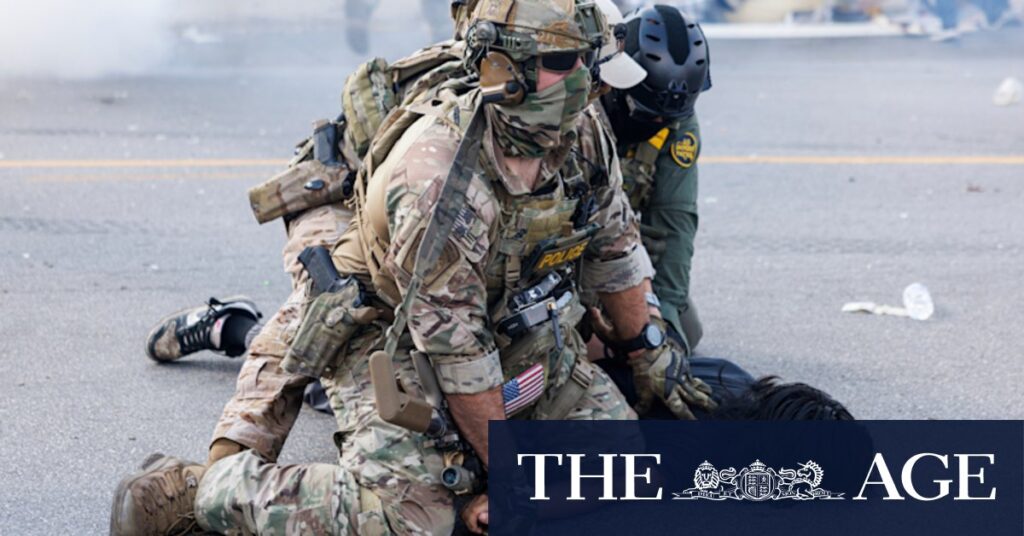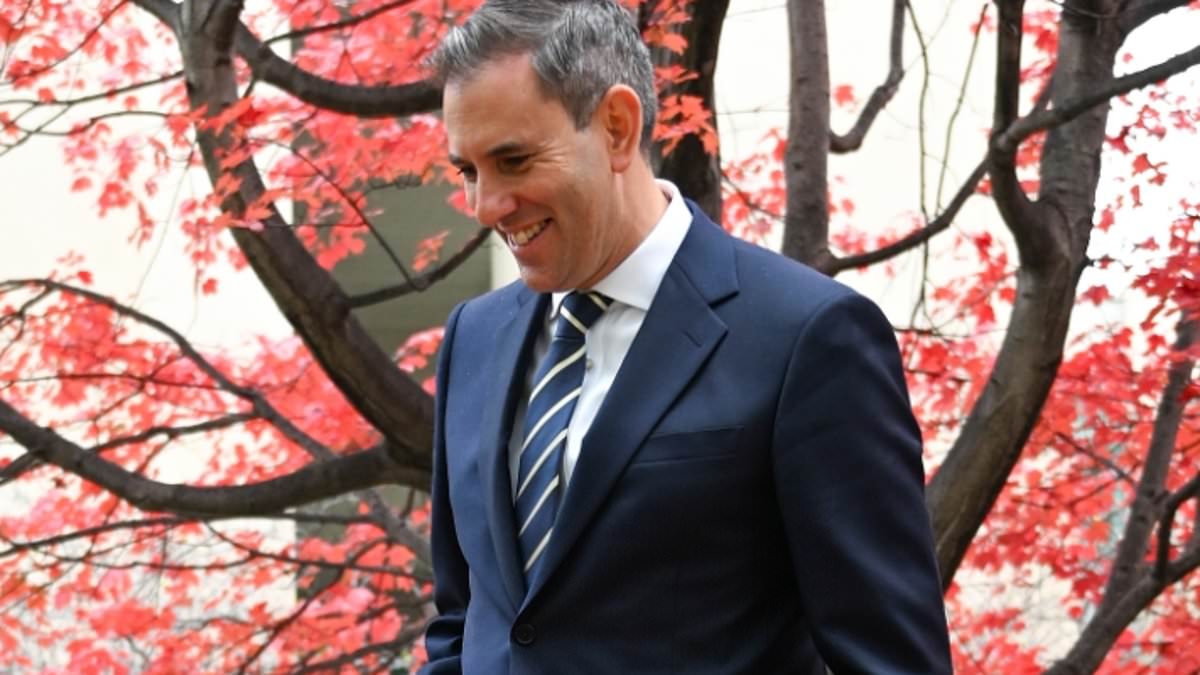
US President Donald Trump has authorized the deployment of 300 Illinois National Guard troops to protect federal officers and assets amid ongoing protests in Chicago. This move marks the latest escalation in his use of federal intervention in urban areas. Meanwhile, a similar deployment of 200 National Guard troops in Oregon was temporarily blocked after a federal judge ruled that Trump might be overstepping his legal authority in responding to relatively small protests near a US Immigration and Customs Enforcement (ICE) building in Portland.
White House spokeswoman Abigail Jackson confirmed the president’s decision, citing “ongoing violent riots and lawlessness” that local leaders have not managed to quell. The Department of Homeland Security (DHS) also reported that federal agents shot a woman on Saturday morning in Chicago’s southwest side. According to DHS, the incident occurred after Border Patrol agents were “ambushed by domestic terrorists” who rammed federal agents with their vehicles. No officers were seriously injured.
Federal Intervention Sparks Controversy
The woman shot, Marimar Martinez, was allegedly driving one of the vehicles and armed with a semi-automatic weapon, according to DHS. She was hospitalized and later discharged into FBI custody. Another individual, Anthony Ian Santos Ruiz, was also apprehended for allegedly participating in the vehicle ramming.
President Trump has described both Portland and Chicago as cities plagued by crime and unrest, labeling Portland a “war zone” and suggesting aggressive measures are needed in Chicago. Since the start of his second term, Trump has considered deploying troops to several cities, including Baltimore, Memphis, Washington D.C., New Orleans, and various Californian cities such as Oakland, San Francisco, and Los Angeles.
Governors Push Back
Governors of Illinois and Oregon have expressed strong opposition to these federal deployments. Illinois Governor J.B. Pritzker criticized the federal intervention, stating, “It is absolutely outrageous and un-American to demand a governor send military troops within our own borders and against our will.” The deployment in Chicago follows frequent rallies near an immigration facility outside the city, with federal officials reporting the arrests of 13 protesters near an ICE processing facility in Broadview.
The presence of armed, camouflaged, and masked Border Patrol agents making arrests near iconic Chicago landmarks has heightened concerns about racial profiling. Many residents were already uneasy due to a recent immigration crackdown targeting immigrant-heavy and largely Latino areas.
Legal Challenges in Oregon
Over recent months, Trump has referred to Portland as “war-ravaged” and claimed the city is “burning down.” However, local officials argue that many of his claims rely on outdated images from 2020, when protests erupted following George Floyd’s death. Oregon Governor Tina Kotek spoke with Trump in late September, asserting that the deployment was unnecessary. She refused to call up any Oregon National Guard troops, prompting Trump to direct Defense Secretary Pete Hegseth to do so, leading to a lawsuit from city and state officials.
On Saturday, US District Court Judge Karin J. Immergut temporarily blocked the Portland deployment, ruling that the relatively small protests did not justify federal intervention and could harm Oregon’s state sovereignty.
“This country has a long-standing and foundational tradition of resistance to government overreach, especially in the form of military intrusion into civil affairs,” Immergut wrote. “This historical tradition boils down to a simple proposition: this is a nation of constitutional law, not martial law.”
Before the judge’s ruling, approximately 400 protesters marched to the Portland ICE detention facility. The group included diverse participants, from families with children to retirees. Federal agents used chemical crowd-control munitions, including tear gas and pepper balls, arresting at least six people as the group approached the facility.
Mixed Reactions Across the Nation
Trump’s federal troop deployments have received mixed reactions in other cities. In Memphis, Tennessee, and New Orleans, Louisiana, both Democrat-led cities in Republican states, the deployments were welcomed by state governors. However, in California, Democratic Governor Gavin Newsom opposed the deployment of guard soldiers and marines in Los Angeles, successfully obtaining a temporary block after a federal judge deemed the president’s actions likely unlawful.
The ongoing federal interventions in urban areas have sparked significant debate over the balance of power between state and federal governments. As protests continue and legal challenges unfold, the nation watches closely to see how these tensions will be resolved.







